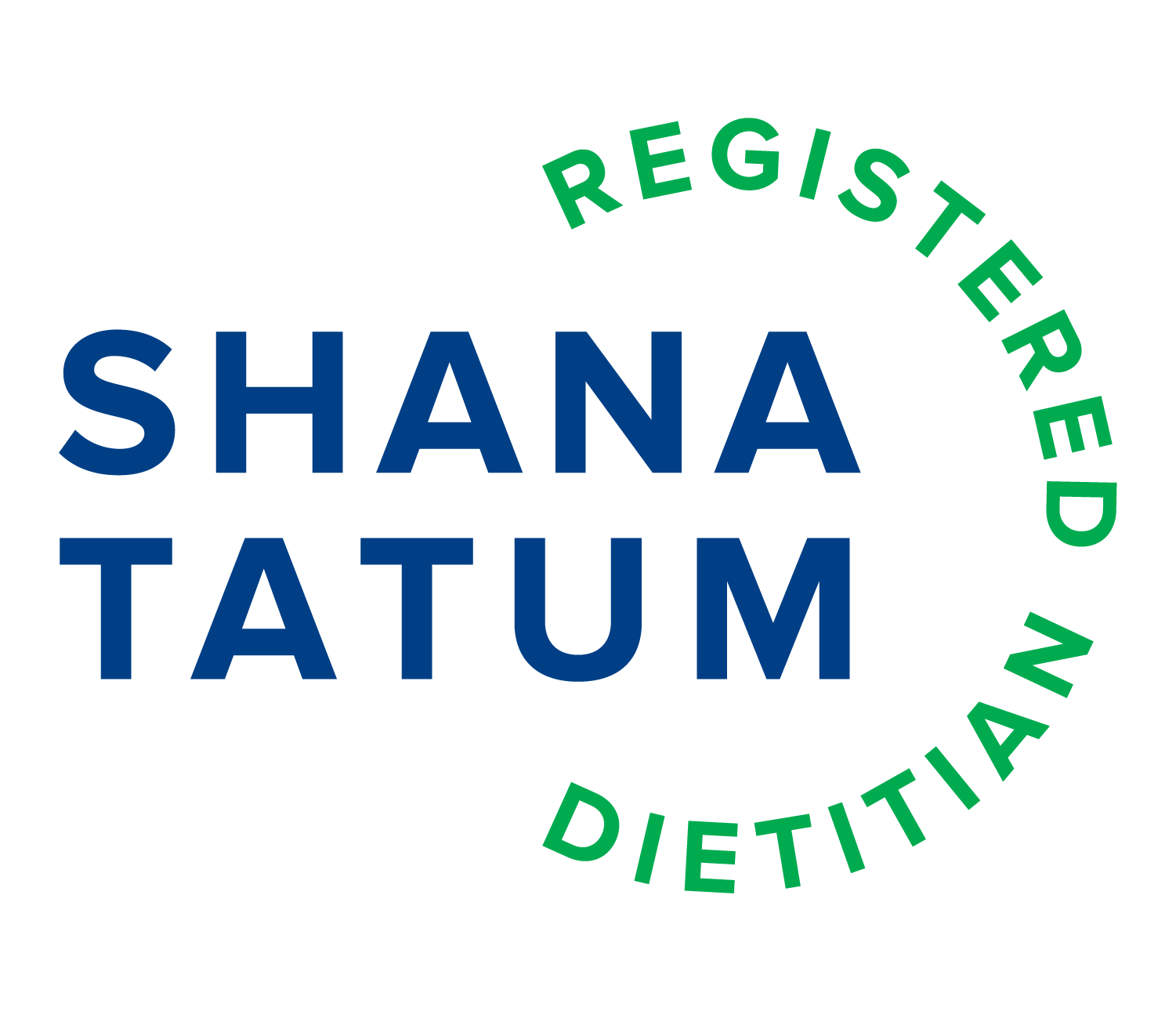Buyer's Guide to Supplements
Buyer’s Guide to High-Quality, Safe, Nutritional Supplements
When it comes to you and your family, you want only the best. Unfortunately, you cannot trust all nutritional supplements to be high quality. Four out of five herbal supplements tested at Wal-Mart, Target, Walgreens, and GNC contained none of the medicinal herb that was printed on the label and instead contained cheap fillers like rice powder, asparagus, and houseplants. 46% of popular US multivitamins didn’t contain what was stated on the label and 80% of gummy vitamins failed quality tests. Nutritional supplements can even be contaminated with lead, causing more harm than good. And if you buy probiotics or other supplements on Amazon, they could be counterfeit or expired.
Supplements can be fake, laced, cut, expired, damaged, contaminated, or rancid.
The FDA doesn’t monitor supplements like it does pharmaceuticals. And while there are third party testing organizations that oversee supplement quality, it’s optional. And it’s expensive. The lack of oversight and the booming supplement industry means that you need to protect yourself and your family when shopping for supplements.
There are two kinds of nutritional supplements you can buy: professional-only supplements or grocery store supplements. Professional-only supplements are carefully manufactured, rigorously tested using third party labs, and known for superior quality, purity, and efficacy. They are generally regarded as the best quality supplements in the medical field. Grocery store supplements, also found at the drug store or health food store, are not required to use 3rd party testing. They may not contain what the label says or they may contain unknown or even harmful ingredients.
When it comes to trusting your supplements, professional-only supplements are a much safer bet. But the quality of a nutritional supplement ultimately depends on the manufacturer and its commitment to quality, so do your research!
Dos and Don’ts Guide to High-Quality Nutritional Supplements
DO buy professional-only supplements.
DON’T buy grocery store supplements unless you have researched and verified the company’s quality program.
DO buy from a trusted healthcare practitioner who is knowledgeable about supplement quality.
DON’T buy supplements through large online suppliers. Supplements bought on Amazon or eBay can be counterfeit, expired, laced, or damaged.
DO buy directly from the manufacturer. Certain professional-only brands have begun selling to consumers.
DON’T buy from middle-men in the supply chain that you don’t know; there are more chances for product damage or fraud.
DO look for products manufactured according to FDA’s current Good Manufacturing Practices (cGMP), which help ensure safe, clean, careful, and consistent manufacturing.
DON’T buy cheap supplements. High-quality supplements cost real money to produce and test. Cheap supplements are likely fake, expired, damaged, or cut.
DO look for products that manufacture according to U.S. Pharmacopeia (USP) standards. They set purity and identity standards for drugs, food, and supplements.
DON’T buy supplements without an expiration date.
DO look for supplements that have undergone 3rd party independent testing. Example labs are NSF International, UL, ConsumerLab.com, International Fish Oil Standards Program, and the USP Verified Mark testing program.
DON’T buy supplements from companies without a Quality webpage.
DO research the supplement company. Make sure they are a reputable company with a customer service number. Find out how they verify their purity and quality and if they use 3rd party testing.
By clicking on my Fullscript button on the webpage, you have access to professional grade supplements that I recommend personally in your medical nutrition therapy and know are trusted.
with thanks to healthfirstconsulting for this information.
